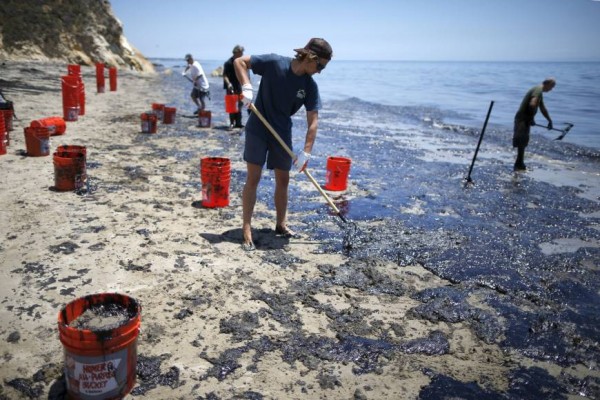-

The Power of Myth
“Winnipeg is an oubliette,” says Guy Maddin in his mythical memoir “My (Other) Winnipeg” in Border Crossings magazine. It is? The conception of a cold city populated by sleepwalkers, perpetually astonished at its own age may work for the city of Maddin’s mythologies. Yet, this author left Winnipeg for Montreal five years ago quite ready to forget the place – but forgetting Winnipeg has been impossible. It is impossible because, in the realm of art nowadays, Winnipeg is everywhere.
-

Winnipeg’s North End
Winnipeg’s historic North End was a contradictory place. Poverty was widespread and deep; out of its midst grew a rich and vibrant culture. Today’s North End is similar in many respects – deep poverty and racism, and an emergent culture of resistance, for example – yet different in important ways.
-

Whose Bread You Eat, His Song You Sing
The sad fact is that virtually all of modern medicine floats on a sea of drug company money. So when your doctor pulls out her prescription pad, chances are high that the doctor’s decision to prescribe a particular medication will have been influenced by industry-sponsored clinical trials, published in industry-funded medical journals and extolled at industry-funded continuing medical education events.
-

Radical Winnipeg
As you cross the Slaw Rebchuck bridge, a cement arch straddling the vast rail yard that in earlier times cut off the city’s north from its south and center, a sign is visible. Opposite a high school named for a prominent organizer of the Winnipeg General Strike, on the sloped, brown roof of Nepon Motors, it reads “Welcome to the North End: People Before Profits.” Only an aspiration, I know – but where else but in Winnipeg would you find this welcoming?
-

Canwest latest ‘media giant’ to exploit news operations
The long-anticipated collapse of the Asper family’s Canwest Global media empire – which included 11 daily newspapers, the Global TV network of 11 stations, 13 specialty TV channels and more than 80 websites – in October 2009 was the latest development in the shameful history of corporate-owned media in Canada.
-

The Real Price of Oil
From my window in Alameda overlooking San Francisco Bay, I watch hundreds of men and women in white suits, some with masks, busily uprooting slimy sea plants and gently grabbing birds with feathers coated in black grease. Abutting the public beach, this “bird preserve” became a disaster for the very creatures it was designed to protect. On October 30, a line broke during a fuel transfer, the Panamanian-flagged Dubai Star. Some 800 gallons poured into the Bay.
-

Historic Victory as Jerzees de Honduras workers win break-through agreement
On November 14 an unprecedented agreement was struck between Russell Athletic and the union representing unjustly laid off workers at its former Jerzees de Honduras (JDH) factory.
-

Cuban dissidents make noise—oops, news
U.S. government hypocrisy has grown so pervasive over the last decades that it provokes yawns and glazed looks. Senators denounce government interference in health care while partaking in their own top of the line government health insurance that they designed at taxpayer expense. Secretary of State Clinton demanded Pakistani leaders remove terrorists from their streets while self-proclaimed anti-Castro terrorists parade down Miami’s thoroughfares as freedom fighters, of course.
-

Once upon a Waffle
The Waffle is long dead and little remembered. Forty years ago, at the very tail-end of the fabulous decade known as the 60s—if you missed it, too bad—it burst on the scene as a radical grouping within the NDP with a Manifesto calling for an independent socialist Canada, no less, and did so to media attention the likes of which the Left has yet to match.
-

Media as Insurgent Art
Twenty-eight years ago the Atlacatl battalion – a U.S. trained and financed squad of Salvadoran soldiers – entered El Mozote and told men, women, and children they were guilty of supporting guerillas and communism. They proceeded to kill every last person and razed the village to the ground. What makes the massacre at El Mozote all the more tragic is the media war and cover up it spurred. The largest massacre in Latin America remains, to most, largely unknown and its victims have been exiled to the rubbish bin of history.



